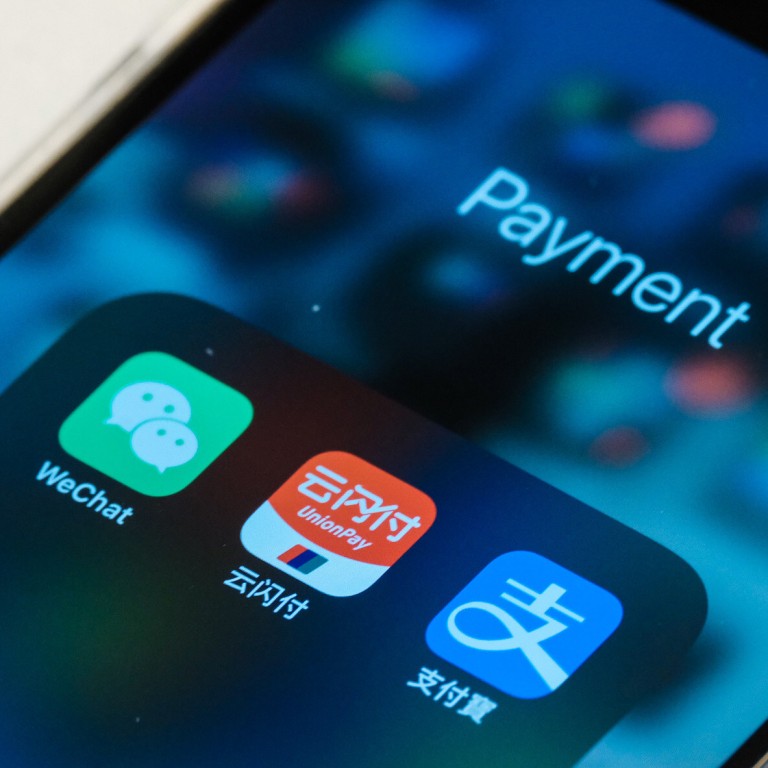
China fines Caifutong, Tencent’s WeChat Pay operator, for breaking foreign exchange rules
- Tenpay, also known as Caifutong, was fined 2.8 million yuan for violating foreign exchange regulations, according to SAFE, the nation’s forex gatekeeper
- The WeChat Pay operator was also reprimanded in late 2020 and mid-2018 for various breaches related to cross-border currency transactions
The unit received warnings last week and was also ordered to rectify its failure to submit relevant materials and for carrying out foreign exchange business beyond the scope of its business registration, according to a statement published by the State Administration of Foreign Exchange (SAFE) branch in Shenzhen.
“The company has made an improvement plan and the necessary rectifications have been completed,” Tenpay said in a statement on Sunday. “We will further strengthen compliance management under the guidance of the Shenzhen branch of SAFE in future.”
Mobile payments are one of the most visible parts in China’s fast-growing digital economy. Alipay, WeChat Pay and peers processed US$5.4 trillion worth of transactions in 2020, a 9.6 per cent increase over 2019, making China the second largest market after the US.
They represented part of the volume handled by the wider non-banking payment agencies worth 294.6 trillion yuan (US$45.6 trillion) last year, a 17.9 per cent jump over 2019. The number of transactions rose 14.9 per cent to 827.3 trillion over the same period.
Chinese authorities also issued an 8.8 million yuan administrative penalty against Tenpay in December last year for “irregularities” including providing payment services for illegal and false transactions and poor record-keeping, the central bank’s Shenzhen branch said.



